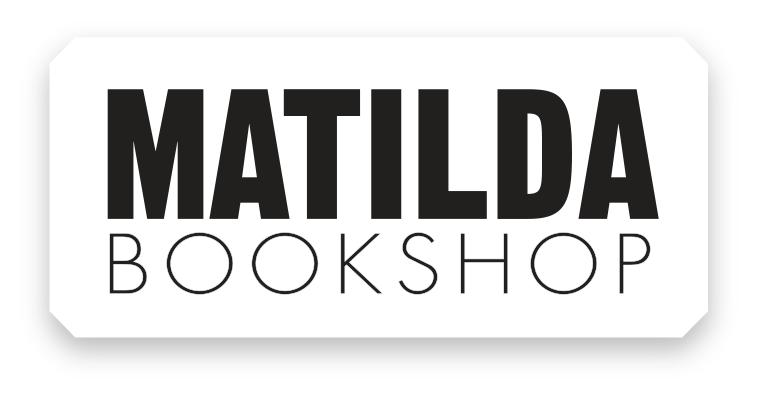
AUTHORS
Hossein Asgari Q&A
Hossein Asgari was born in Iran, lived and worked in Kuala Lumpur, and Malaysia as a physicist before moving to Adelaide where he undertook a Ph.D. in Creative Writing. His short stories have appeared in The Saltbush Review and Overland. His first novel, Only Sound Remains was shortlisted for the Miles Franklin Award 2024. Desolation is his second novel.
Why do you tell stories?
I think telling stories is one of those unconscious needs that some of us have. I can’t be sure, but it might be one or a combination of the following: to explore certain issues; to have a better understanding of life; to stay sane; to defeat boredom; or to satisfy the desire to be heard.
Without talking about plot in any way, what would you say Desolation is about?
The difficulties and challenges of truth-telling, if such a thing is possible.
Can you talk to us a little about the framing device—a motif in all your novels—and why you wanted the narrator/the writer to be a little outside of the main story? What did you want to reveal about the subjective nature of truth by using this device?
I use the framing device, because it gives me a sense of freedom, some sort of ‘deniability’, to write and tell whatever stories I want to tell, no matter how hard they might be to believe. In terms of the subjective nature of truth, this adds an extra perspective to the story, someone who can look from the outside and ask questions. I think it was Hannah Arendt who believed a story should include as many perspectives as possible in order to get closer to the “truth”.
Perhaps a related question, I love the emphasis on storytelling and literature as a transformative imperative in Desolation. What scaffolds does fiction allow in writing about contested historical events?
I believe Toni Morrison is dealing with a similar question in The Site of Memory. She highlights that what fiction can achieve that historical texts cannot, is illustrate the interior life of people. And I think by doing that novels can get closer to certain social and psychological truths that a history book cannot lay claim to.
Parvaneh is such an extraordinarily strong and powerful character, and alongside the more naïve Amin, we wish for him to take on some of her courage. What did you want to say about the different ways an oppressive regime silences and shapes its citizens?
I’m not sure if I understand this question fully. I try to answer based on my unclear understanding. I believe that oppressive regimes, though they suppress everyone, cannot do it equally to everyone. How much a suppressive strategy might work is determined by so many different, competing factors: genetics, the place you live in, sex, race, religion, wealth, education, and so on.
Can you talk to us about Amin’s troubled understanding of fate, faith, and free will. Is this trouble the cause of his unravelling, or is it more simply the profound experience of unfathomable grief and loss that puts him in harm’s way?
I suppose it’s a mixture of both. His grief informs his actions in the way it does, at least to some extent, because of his not-so-elegant understanding of fate, and faith, and free will.
In many ways, Desolation, is a companion piece to your Miles Franklin Shortlisted Only Sound Remains, with both books moving effortlessly between Adelaide and Iran, while using a classical understanding of story to unfold and reveal the precipitating tensions and concerns of revolution. I hope this will become a triptych, but what I wanted to ask, in what ways did the books inform one another?
Some similarities between the two works are the framing device; the unreliable narrators; a naive understanding of love; and the elusive nature of truth.
However, I don’t think they share enough common characters or ideas to be considered as part of a triptych. I hope that Only Sound Remains will form a triptych with my two forthcoming books: The Most Terrifying Thing and The Imaginary Narrative of a Real Murder.
What were you under the influence of (books, authors, ideas, art, or anything else) while writing this book?
I think I have mentioned some of them in the book. In terms of ideas, the difference between truth and facts was inspired by the famous line said by Tony Montana in Scarface: “Me? I always tell the truth, even when I lie.” Also, the poetry and music of Leonard Cohen (In my Secret Life, What Happens to the Heart…), and to a lesser extent, Bob Dylan’s music.
Which adjectives by readers and reviewers used to describe your writing, most please you?
Sparse.
Tell us about your natural writing habitat.
I don’t write every day, and I don’t have a routine, but when I do write I like to write in cafes with a bit of background noise.


